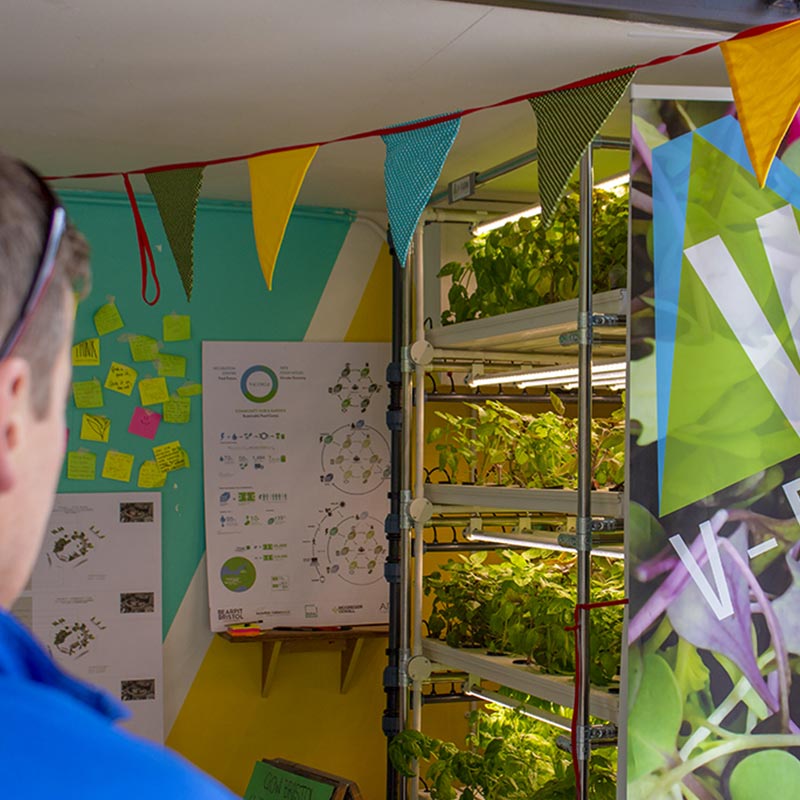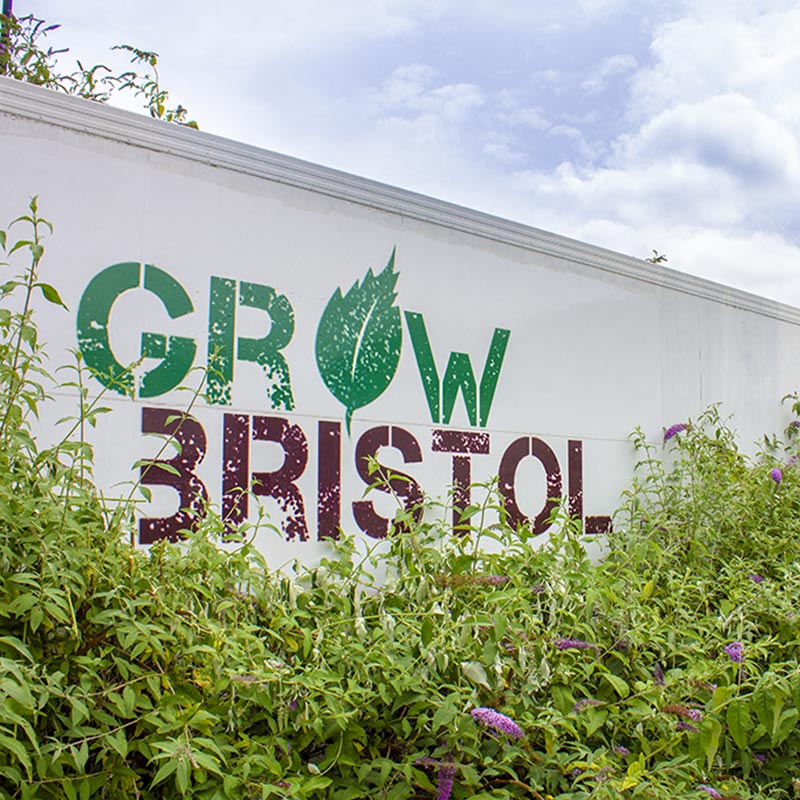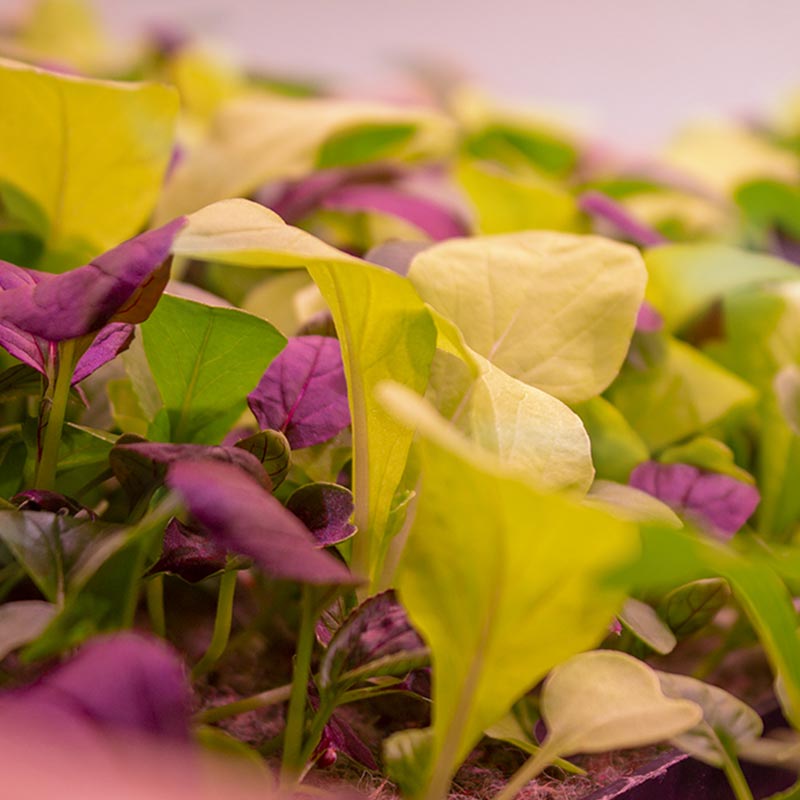There is growing evidence that community food production projects bring huge benefits to social cohesion, bolstering local communities to encourage healthier diets. They can educate giving the young a better appreciation of how our food system works and help with mental issues and isolation most commonly felt in remote rural communities.
V-Farms can provide local groups with an additional source of healthy, low-cost produce and a vehicle for change, revitalizing neighbourhoods falling into disrepair. Improved neighbourhood aesthetics and a sense of pride and ownership is known to reduced crime and increase community cohesion with a greater feeling of security and integration.
A number of studies have found that community gardens can increase social bonds and networks among neighbours and the people who participate in farming. Bridging racial and social gaps, reduce tensions, and foster social integration between otherwise segregated groups.
V-Farm community farms can be set up anywhere from village meeting rooms in remote villages, through to inner city food bank projects or within tower blocks or disused inner city industrial buildings. Serving as sites for education, youth development, and skills/workforce training opportunities helping teach young people about science, environmental stewardship, and healthy eating. Reskilling for adults and mental stimulation for the elderly.



“The ultra-low energy V-Farm helps us grow locally. It’s the first commercially available, plug and play hydroponic farm that runs off the same electricity as a small domestic appliance. This hyperlocal approach reduces our transport fuel costs and emissions. Bringing food production closer to the kitchen at Home of Honest Coffee will help them to give back to the community and serve even fresher, tasty and nutritious food. It’s also providing business start-ups for ex-offenders to get their lives back on track and the many creatives who are benefitting from having such an inspirational venue in their local community. We are planning to introduce more V-Farms to similar kitchen environments in the Manchester area in the coming months. If there are small businesses and restaurants that share our ethos of sustainability and are interested in talking to us we’d love to hear from them.”
Jules Bagnoli, Founder of Refarming Ltd and Lecturer in Food Business Entrepreneurship at Manchester Metropolitan University